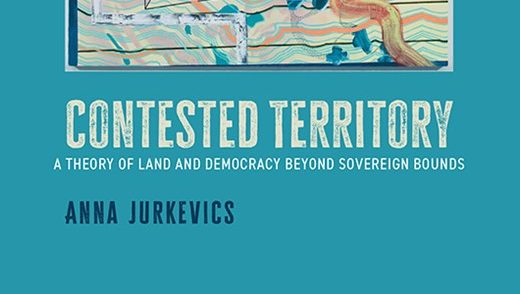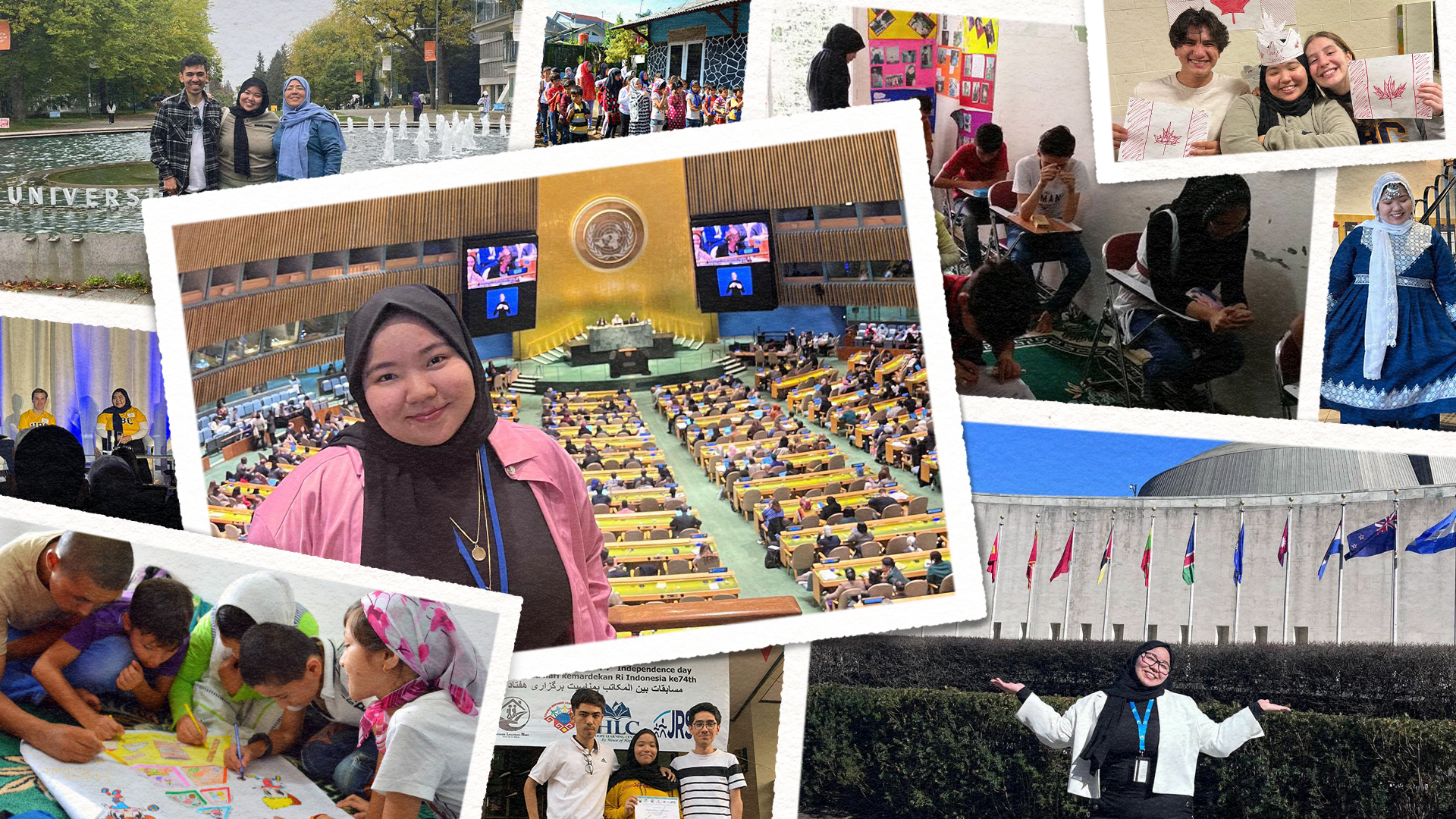We’re excited to announce that a new student-directed seminar on policing in Canada and the United States is now open for third year students and above to register! More about the course below.
POLI 308Z: Policing in Canada & the United States
Time: Winter Term 2 – Tuesdays & Thursdays from 12:30-2p.m.
Eligibility: POLI 308Z is open to all students at a third year standing and up who have taken POLI 101. If you have any questions about eligibility, reach out to the student coordinators. Students from other disciplines outside of Political Science are welcome!
Credit: The seminar counts as a 3-credit, third-year level POLI course.
Design: The aim of student-directed seminars is to integrate collaborative learning, discussion based meetings, and group work. Specifically, our aim as coordinators is to apply this learning style to an area of study that is important to students and that may not be fully addressed in other courses being offered.
Course description
In recent years, public discourse regarding policing in Canada and the United States has gained considerable momentum. Spanning the 2020 protests sparked by the police killing of George Floyd, the recent sweeps of the unhoused population in the Downtown Eastside, and the 2023 National Inquiry into the Nova Scotia mass shooting, the institution of policing has been called into question. In this course, we will examine and critically engage with the policing systems in Canada and the United States as they exist today and through history. We will aim to situate the media events that have defined recent years in the history of policing, various theories of it, and alternatives to policing.
This course is administered as a Student Directed Seminar, emphasizing collaborative learning and discussion-based seminars. You can find more information about these types of seminars here. This course is co-coordinated by Arsh Singh (arsh1444@student.ubc.ca) and Maya Buchanan (maya0013@student.ubc.ca) . You can reach out to either of them with course-specific questions. Dr. Doberstein is the Faculty Advisor overseeing the course.
Co-coordinator bios
Arsh Singh (he/him)


I’m Arsh, a fourth-year political science student at UBC with an interest in political theory and power dynamics in society. My academic journey has included courses and research projects that delve into these themes, particularly within the Canadian and American contexts. I’m passionate about Canadian history and its influence on contemporary social issues like policing, which has led me to co-facilitate this seminar.
This seminar isn’t just a platform for discussion; it’s an opportunity to dive deep into the complexities of policing in both Canada and the U.S. We’ll explore historical context, political nuances, and real-world implications, aiming to challenge conventional wisdom and identify avenues for meaningful reform.
I’m excited to co-facilitate this learning experience and invite you to join us in dissecting, discussing, and driving change.
Maya Buchanan (she/her)


Hey everyone, my name is Maya and I am a fifth year student studying Political Science. I have been curious about politics and elections for as long as I can remember and my experience at UBC has been an exciting academic continuation of my lifelong passion. I am particularly interested in looking at political science through an interdisciplinary lens, finding great value in integrating studies like sociology, geography, and ecology.
A highlight of my experience at UBC has been the phenomenal instructors, specifically Barbara Arneil and Glen Coulthard. Their approaches to politics push their students to think creatively and critically about the world around them, and inspired me in pursuing this seminar with Arsh.
I echo Arsh in expressing that this course is designed to be a space for transforming our thinking about the institutions that shape Canada and the United States. Through integrating historical and political texts along with mediums like podcasts and fiction, we aim to address policing from a perspective that incorporates both academia and the narratives of those who engage with and are part of it.


